Jonah of Tanzania and My Busiest Week
I mentioned in my last blog a visit to a village on Saturday where the Bishop was speaking on Saturday afternoon and going back Sunday for confirmation for those ready and able to demonstrate they understood its significance. While there I met Pastor Francis whose story I tell because it describes so much that challenges Tanzania economically and the church in particular.
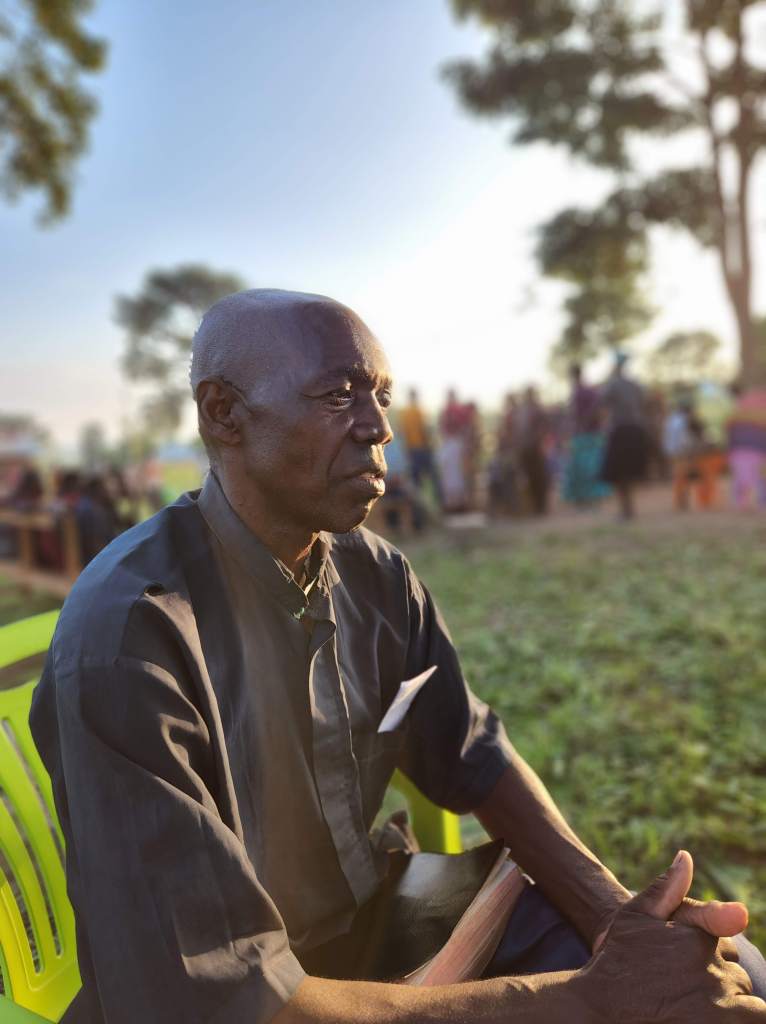
On arrival we were met by a group of church leaders and taken to Francis’ home to be welcomed officially. He is sixty three years old and has been pastor in this village for seven years. He has one wife (polygamy still exists so this is to clarify) and ten children. His monthly stipend is usually about 10,000 TZS or AU$6-7 but may sometimes be double that. So he farms to feed his family.
Apart from the village I am in, he also has four other congregations that he is responsible to pastor, supported by catechists (non-ordained pastors who may have some theological education). So he visits each congregation monthly to do the priestly thing about communion that non ordained pastors cannot do.
As I was asking him about his family and time in ministry he told me he went to Bible College in the early 1990s but was not a Christian at the time. We ran out of time at this stage so I had to continue a few hours later after all the activities we were there for had concluded.
He went to Bible College as a young man, enthralled with the vestments and ceremony of the Anglican Church at the time. He actually completed three years of college and was sent to villages to start new churches, something many do which is a tough gig. He eventually moved on to another community after establishing a new church and found life a bit tougher there. Many would say to him “you will die poor. Why don’t you get a job and look after yourself.” Not really having had a “call” he eventually left life as a minister and went fishing in Lake Victoria where many at the time were making excellent income from huge catches as large numbers of fish populated the lake and excess catches fed an export market. The boat was incidentally owned by his father.
From my stays in a hotel at Mwanza overlooking Lake Victoria, the distant lights at night tell the story of the fishing industry. Small lightweight, canoe style boats for 2-3 dot the darkness of the night as these men, the equivalent of sustenance farmers eke out a livelihood on Africa’s largest lake.
After some years, one night out fishing wth two older men a storm commenced. He suggested lowering the sail and they argued. One of the men mockingly suggesting if he was scared to walk across the lake to land. The boat capsized. All three hung onto ropes attached to the boat.
The sun rose and as they awaited their fate, poisonous snakes popped their heads over the boat looking at them. He prayed for safety for he and his colleagues from the snakes and did not see them again. The day became night. He prayed for his colleagues that they would survive. He had concluded he was responsible for this situation because he had left the ministry and he did not wish his colleagues harm.
As he kept praying aloud, they told him to stop praying as he might disturb the sea ghosts. “Sea ghosts” I asked. He explained these men were pagans who believed in evil spirits which lived under the water. He kept praying. Day turned to night and night to day.
On night three they saw distant lights and began shouting. Eventually the boat came closer and three bedraggled, naked men emerged for rescue. He saw his father and told him he was never going fishing again and saw the bishop of the area and returned to pastoral duties. After some years he again went to Bible College at Rorya for three years and became ordained as a priest/pastor.
When asked why he was foing to the Anglican Church, which people from his tribe equated as the church of the Luo, he recounted to friends that when his father was sick in hosptal it was the church that helped his father with fees. When he died the Anglican Chrch paid for his funeral as he was penniless.
While he has never equated his experience to that of Jonah who spent three days in the belly of a whale while running from God, the parallels between the expriences of Francis and Jonah are recognisable.
Francis lives very simply. He has a house made of mud bricks and a rough uneven floor. There is electricity for lighting and limited power. I ran into his daughter with Bishop later in the week and she send money home. She works in Musoma with the local soccer team.
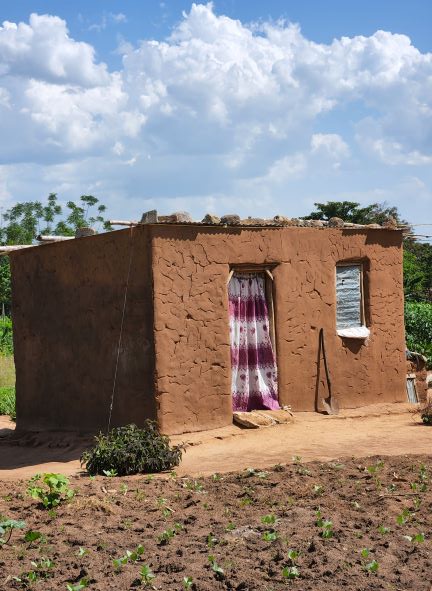
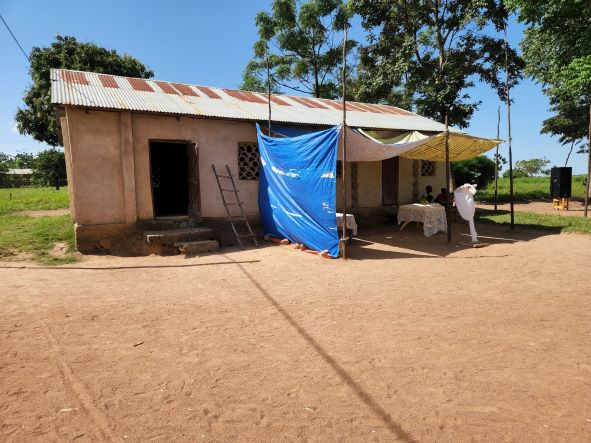
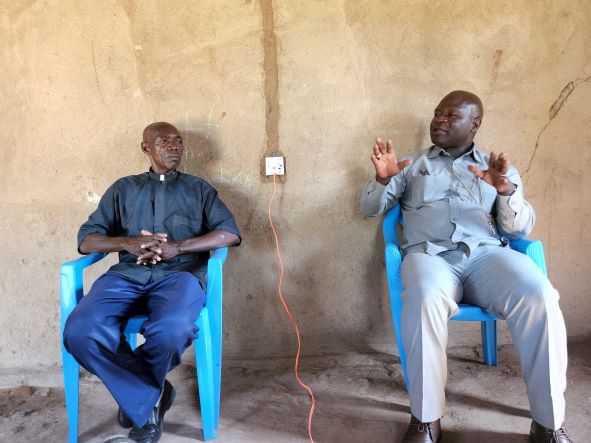
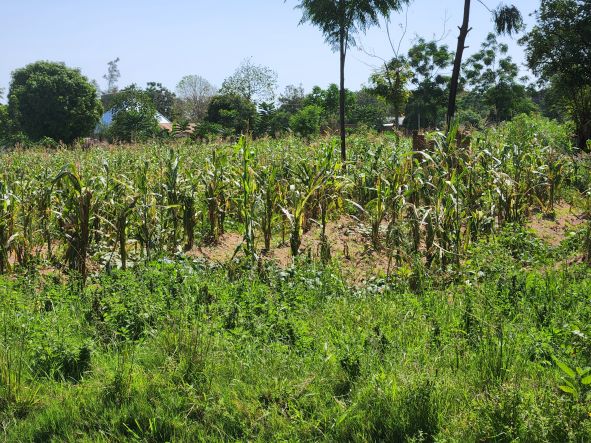
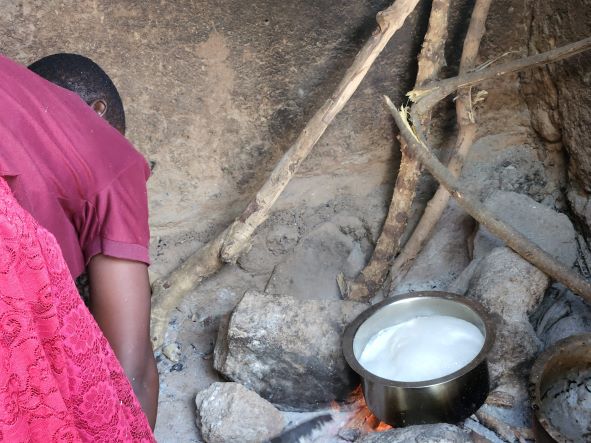
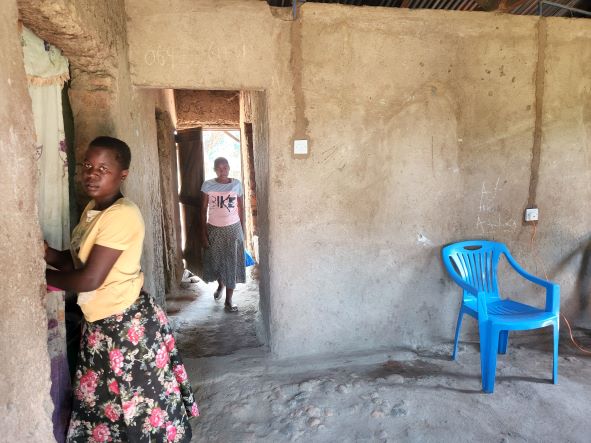
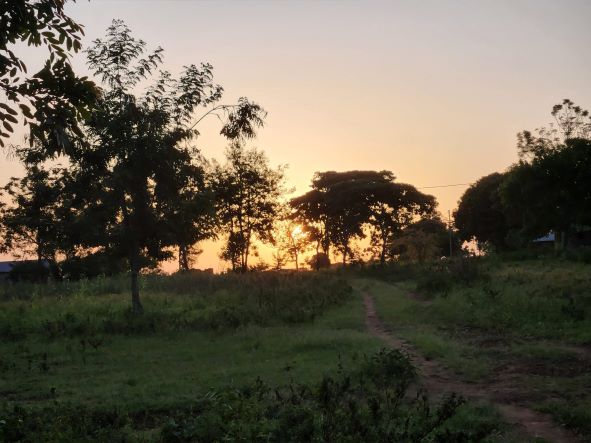
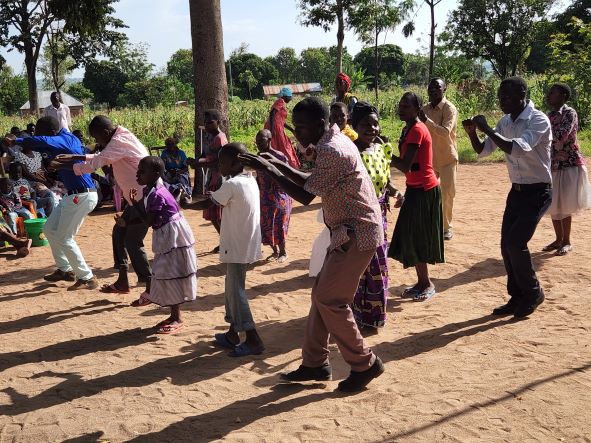
While the village is generally poor, there are signs of increasing prosperity in some of the houses. We had lunch in a room of a house under construction for ten years. The owner is a teacher and buys materials and labour when he has savings. Dinner was at another older church member’s home in a small compound that suggested some improved economic circumstances. Bishop mentioned it was good to see wealthier members of the church providing hospitality as this was an indication they had hosted the meal.
In speaking to Pastor Francis, he appeared content. He was preparing for retirement in a few years but expressed satisfaction with his life since the near drowning. He is thankful that God spared his life, although there were no bargains made at that time. He was just praying and asking if he died that his body was found so he could have a burial.
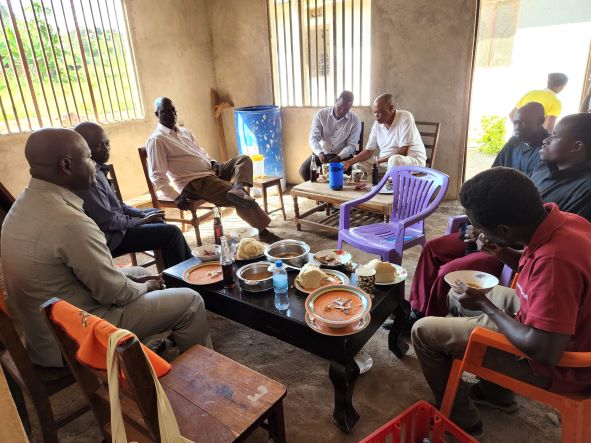
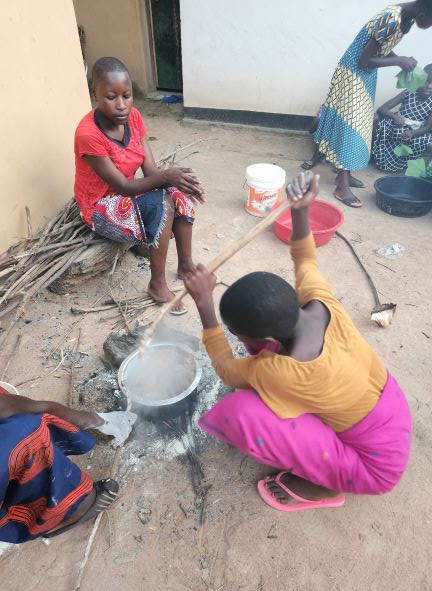
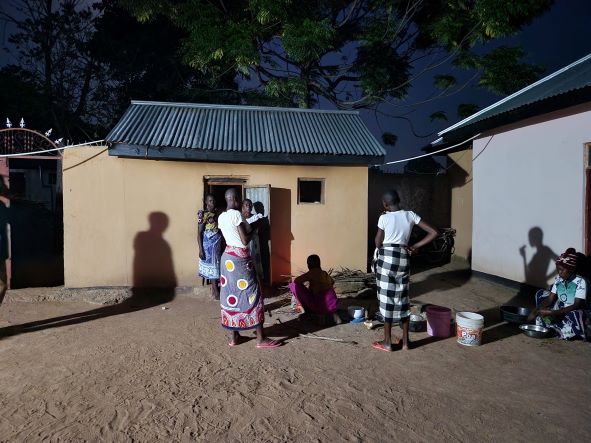
house
The rest of my week was busy and this was the busiest so far. Lots of admin work, video meeting with Anglican Aid and staff from here to discuss a building program and in between training people on Google drive and discusssing a newsletter with a young guy who is going to produce it.
All in all an amzing week




No comments:
Post a Comment
HTML